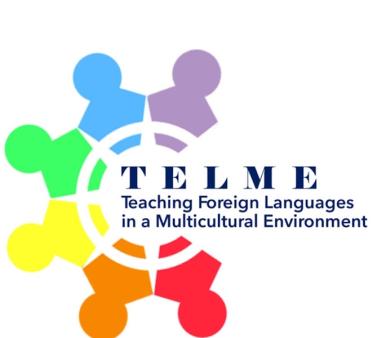Objectives
Analysis and teaching of sociolinguistic and intercultural methods in relation to communication between individual stakeholders in multilingual francophone situations and between collective, institutional and organizational stakeholders in the French-speaking world.
Expertise and skills
-
developing, analysing and implementing teaching and institutional communication strategies, multilingual and intercultural interactions with French-speaking publics, adapted translation, linguistic, cultural and educational francophone policies, and socio-didactic interventions;
-
assessing and supporting the dynamics of change and innovation: analysis of current linguistic practices and discourse, taking into account of language and cultural situations, choice of communication means, identification and remediation of discrimination, particularly linguistic discrimination;
-
conducting field surveys, analysing sociolinguistic situations and discourses, developing glottopolitical and sociodidactic intervention strategies, monitoring and assessing these intervention projects;
-
coordinating socio-political and intercultural communication interventions: new linguistic and cultural dissemination issues, management of multilingual skills, development of learning resources (multiple approaches);
-
monitoring linguistic, cultural and didactic practices in French-speaking contexts in association with institutional partners (such as French Institutes and offices of the Francophone University Agency (AUF)).
Course Content
The degree is made up of a single pathway from Master 1 to Master 2.
The degree uses the project teaching method, which promotes success through focusing on the assessment of individual Study and Research Work (TER). This brings together substantively the various target skills: students gradually compile a personal dossier, which is developed in-depth at the end of each semester to inform a dissertation project at the end of M1 and a high-level dissertation at the end of M2.
Each module includes a research aspect (theoretical frameworks, observation and critical thinking methodologies, including applications to professional practices) and a professional aspect (skills for implementing projects that are developed, monitored and assessed using scientific knowledge and methods). The final dissertation is either research-based or professionally-based, or both, depending on the personal project that the student has built up over the two years of training. The teaching is active, participative and collaborative.
The main disciplinary grounding of the FPMI Master’s degree is in language sciences (sociolinguistics) with a strong interdisciplinarity in the field of human and social sciences and languages (a specific class trains students in clear and methodical interdisciplinary practices).
The transition from Master 1 to Master 2 is de jure for all students who have passed Master 1 because pedagogical progression is spread over the two years around the construction of the personal and professional project.
Some of the Master 1 modules are shared with the Information and Communication Master 1 / Part of the Master 1 course can be followed and passed via the Approaches to Multilingualism and Interculturality in Teaching Situations university diploma (DU API).
There are blended learning options for the FPMI degree: completely face-to-face, semi-remotely (2/3 of classes online with tutoring) or completely remotely at the University of Southern Brittany.
The FPMI Master’s Degree is delivered by the Communication Department and the Research Centre for Francophone Countries, Interculturality and Sociolinguistics (PREFICS).




